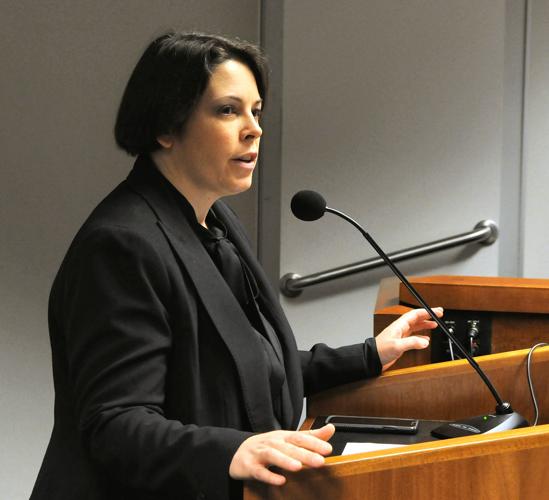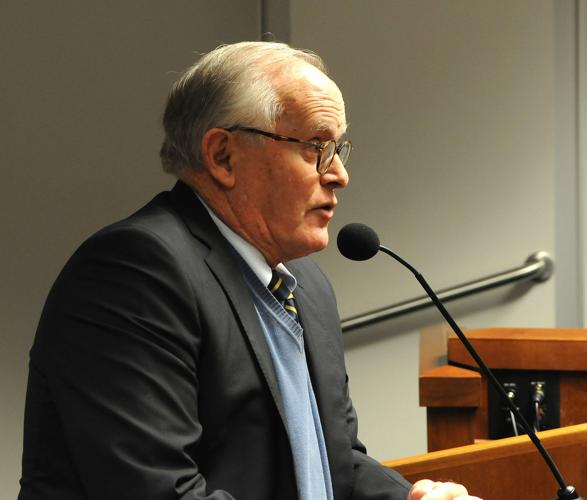PHOENIX — Legislation to require mandatory five-year prison terms for anyone who sells even the slightest amount of opioids appears dead, at least in its current form.
Current law says people convicted of possession of narcotics for sale must be sentenced to at least four years behind bars. But that statute also says those who have sold just a small amount are eligible for probation.
The version of HB 2036 approved Wednesday by the House Judiciary Committee would say that probation option does not apply if the drug is heroin or fentanyl, the latter a synthetic and particularly concentrated opioid.
But even Rep. Steve Pierce, R-Prescott, who agreed to sponsor the legislation at the behest of the Prescott Courier, questioned whether such a proposal makes sense, especially in the way it also would sweep up those who sell drugs to support their own habit.
“I think we have too many people who are incarcerated that need treatment,” he said. And then there’s the cost, with the cost of running the Department of Corrections eating up about 10% of the entire state budget.
“Frankly, we can’t afford to keep doing what we’ve been doing,” Pierce told colleagues.
He was not alone.
Several members of the panel, including the six who voted for it, said they had serious questions about whether putting more people behind bars is the solution. More to the point, a few made it clear that they would not support the bill when it goes to the full House unless substantial changes are made.
Wednesday’s vote followed nearly two hours of testimony, some from people whose children died from fentanyl overdoses.
Terri Morales told lawmakers how her 19-year-old son Jacob died in 2018 after taking what she said was an accidental overdose. She said her son and a friend, who also died, were given some sort of “counterfeit” pills.
The man who sold the drugs to them, Morales said, was placed on probation.
Tim Wiederaenders, senior editor at the Courier, told lawmakers the 14-month campaign against fentanyl by his paper found that drug dealers — including those whose products have killed people — were not getting appropriate prison terms. He said that includes people selling a few pills and people selling 500 pills.
“Very few of the people who’ve been caught with these drugs that they’re selling have done time in jail or prison,” Wiederaenders said.
But Molly Gill, who represents Families Against Mandatory Minimums, said the legislation is far too sweeping.
She said it would be one thing if it were solely going after those who manufacture the drug or were major distributors. But Gill said this legislation also would apply to those who were selling small quantities of the drug to support their own addiction.





